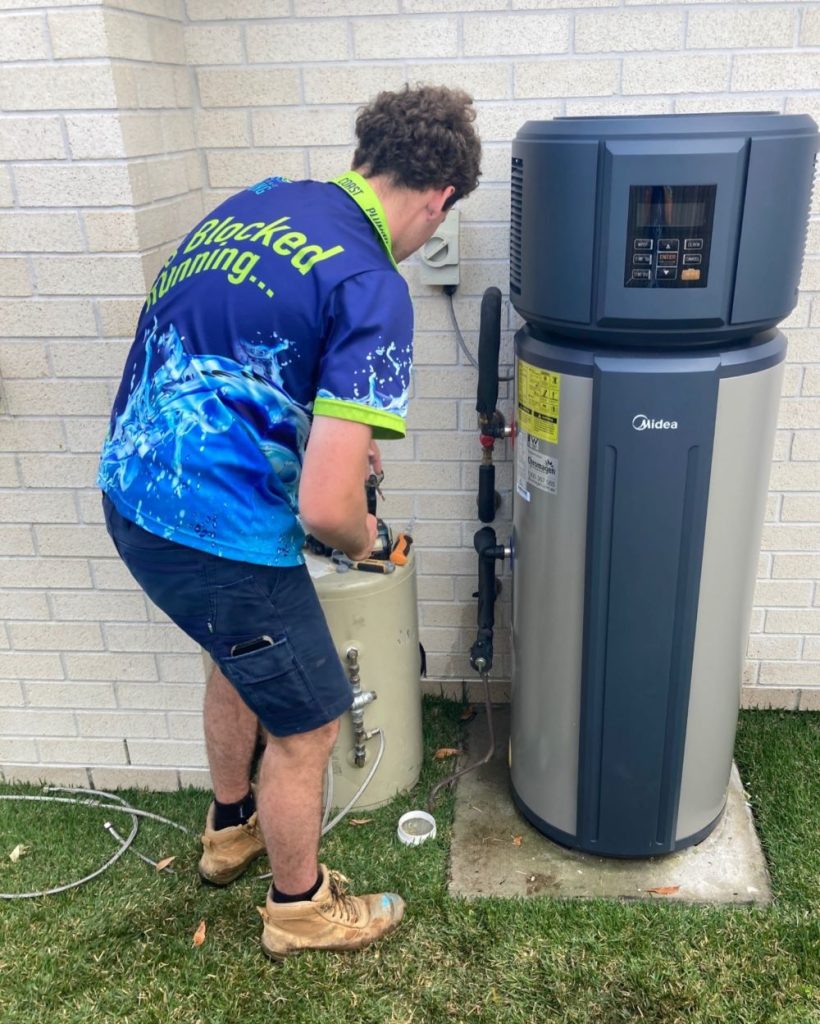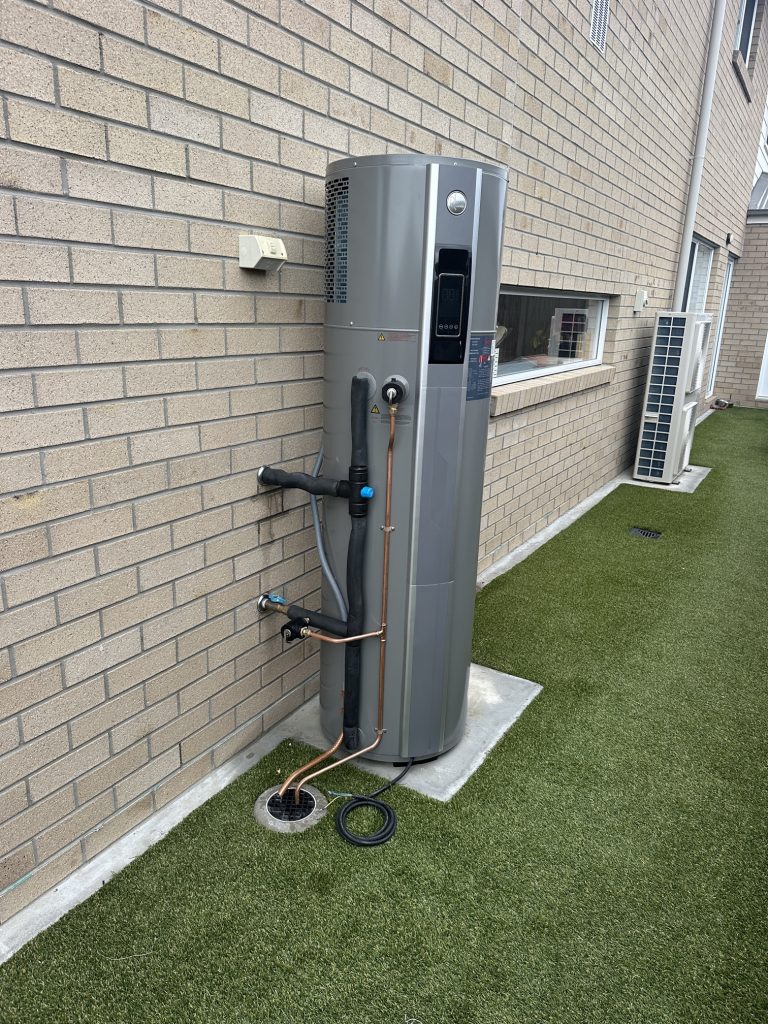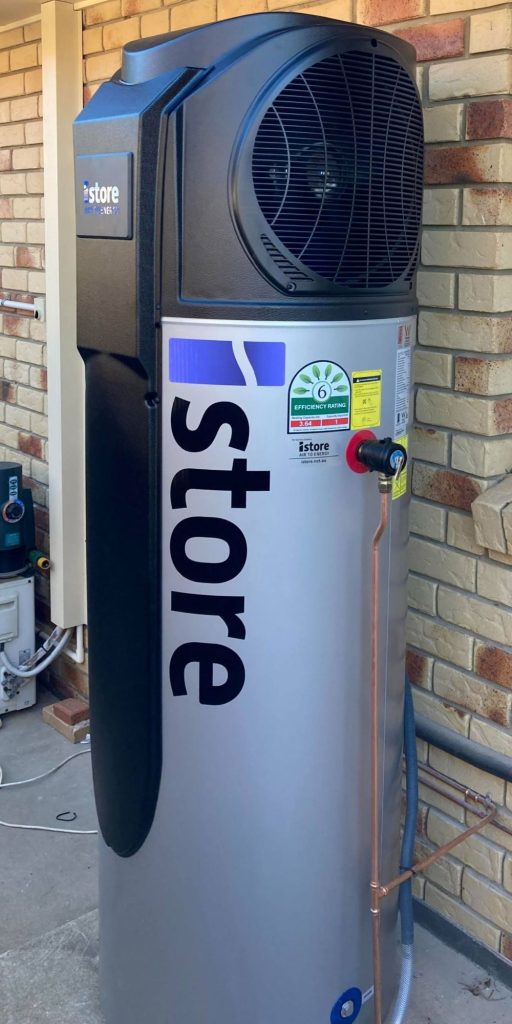Understanding the Unique Challenges of Selecting Hot Water Systems in Queensland's Climate
Choosing the most suitable hot water system for your home in Queensland involves far more than simply selecting a brand or assessing the water capacity. It requires a thorough understanding of how various factors, including the local climate, humidity levels, electricity tariffs, and your household's daily water consumption, can significantly impact the efficiency and functionality of the system. Given the rising costs of energy, many households are now favouring heat pumps for their energy efficiency and eco-friendliness. However, it is essential to recognise that these systems are not universally compatible with every type of property. An in-depth evaluation of all contributing factors is essential to ensure optimal performance and longevity of your hot water solution.
This article will delve into the operational efficiency of heat pumps in Queensland’s varied climatic conditions, pinpoint which types of residences gain the most benefits from these innovative systems, and dispel prevalent myths that could result in unsatisfactory performance or misguided system selections.

Enhancing the Efficiency of Heat Pumps in Queensland’s Coastal Regions
Heat pump water heaters function by extracting thermal energy from the surrounding air. Their operational efficiency notably increases with warmer air temperatures. In Queensland’s coastal regions, particularly in sought-after areas such as the Sunshine Coast, Brisbane, and the Fraser Coast, average air temperatures usually stay above 5°C, even during the winter months. This persistent warmth enables heat pumps to operate effectively throughout the year without requiring electric boosting or additional heating elements, which are often necessary in cooler climates. By harnessing this natural energy, homeowners can benefit from significantly reduced energy bills and a smaller carbon footprint.
Identifying Key Environmental Factors That Enhance Heat Pump Efficiency
| Factor | Impact on Heat Pump Functionality | Coastal QLD Efficiency |
|---|---|---|
| Average ambient temperature | Higher = more efficient operation | ✓ Consistently maintained above 5°C |
| Humidity levels | Moderate improvements | ✓ Generally high and stable |
| Access to off-peak electricity | Lower operational costs | ✓ Widely available in most regions |
| Roof shading | Not a significant factor | ✓ No detrimental impact on system |
| Direct sunlight exposure | Not a necessity | ✓ Functions well in shaded conditions |
Understanding Scenarios Where Heat Pumps May Not Operate at Peak Efficiency
Although heat pumps offer numerous advantages, there are specific instances in Queensland where their performance may not meet expectations:
- Inland or elevated areas
In regions like Toowoomba or the Hinterland, nighttime temperatures can drop significantly during winter months. In such conditions, certain models of heat pumps might struggle to maintain optimal efficiency without the assistance of a booster element, resulting in higher energy consumption and costs. - Confined or poorly ventilated outdoor spaces
Heat pumps require adequate airflow around their compressor units to function efficiently. In cramped or enclosed environments, the effectiveness of heat extraction may diminish, and operational noise could increase, potentially causing disturbances for nearby residents. - Large households with high water demands
In homes with more than six occupants, systems designed for increased water storage or quicker recovery times, such as solar-boosted gas systems, may be more effective in meeting substantial hot water needs efficiently.
Dispelling Common Misconceptions About Heat Pumps in Queensland
“They become ineffective during winter.”
This misconception may hold true in colder southern climates; however, it does not apply to Queensland. In areas where average temperatures consistently surpass 5°C, heat pumps retain their efficiency during winter, delivering reliable hot water solutions even in cooler months.
“Solar panels are necessary for heat pumps to function.”
This statement is misleading. Heat pumps can operate independently of solar photovoltaic (PV) systems, although pairing them with solar energy can further increase your energy savings and sustainability.
“Heat pumps are excessively noisy and disruptive.”
Modern heat pump systems are designed to be significantly quieter than older models. When installed properly in well-ventilated areas, the noise produced by the compressor unit is typically minimal, ensuring comfortable living conditions.
Effective Strategies for Enhancing Heat Pump Installation and Performance in Queensland
- Choose a system specifically designed for Australian conditions
Select models that feature high-efficiency ratings and dependable local support, such as istore or Stiebel Eltron, which are renowned for their performance in the Australian climate. - Install in a well-ventilated yet shaded area
While heat pumps do not need direct sunlight, they do require sufficient airflow around the unit to operate at optimal efficiency. - Utilise timers or smart controls
By programming the system to function during periods of solar power generation or off-peak electricity hours, you can significantly improve energy savings and reduce costs. - Accurately size your system
A capacity of 250–300 litres is generally adequate for the requirements of most families. An improperly sized system can lead to performance issues and dependence on boosting mechanisms, consequently increasing energy consumption.
The Essential Role of Local Expertise in Achieving Successful Heat Pump Installations
The installation of a heat pump necessitates a tailored approach for optimal results. The best outcomes are realised through collaboration with a local plumber who possesses expertise in the following areas:
- Performance tailored to local climate conditions, ensuring maximum efficiency
- Eligibility for rebates such as Small-scale Technology Certificates (STCs) and various Queensland government incentives aimed at promoting energy efficiency
- Optimal placement and ventilation strategies for the unit to enhance functionality
- Integration with solar PV systems or battery storage solutions, if applicable, to maximise energy efficiency
At Creek to Coast Plumbing, we specialise in providing and installing high-performance hot water systems, including heat pumps, throughout the Sunshine Coast and Moreton Bay regions. Our dedicated team is committed to helping you identify which type of hot water service will best meet your requirements. As the demand for energy-efficient hot water solutions continues to grow, many individuals are comparing solar options with heat pumps. We will evaluate the specific conditions of your home, recommend the most suitable system, and ensure you are equipped for maximum efficiency.
Discover more about our Heat Pump Hot Water Installations or contact us for a tailored recommendation suited to your specific requirements.
The Article: Heat Pumps in Queensland: Effective Solutions and Pitfalls first appeared on https://writebuff.com
The Article Heat Pumps in Queensland: Benefits and Challenges Explained Was Found On https://limitsofstrategy.com



